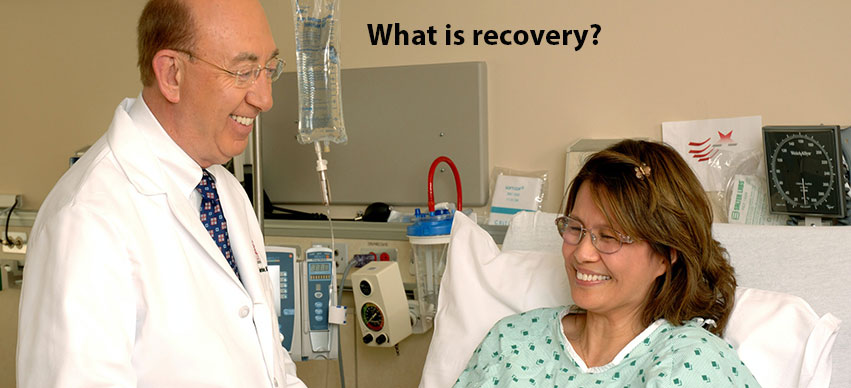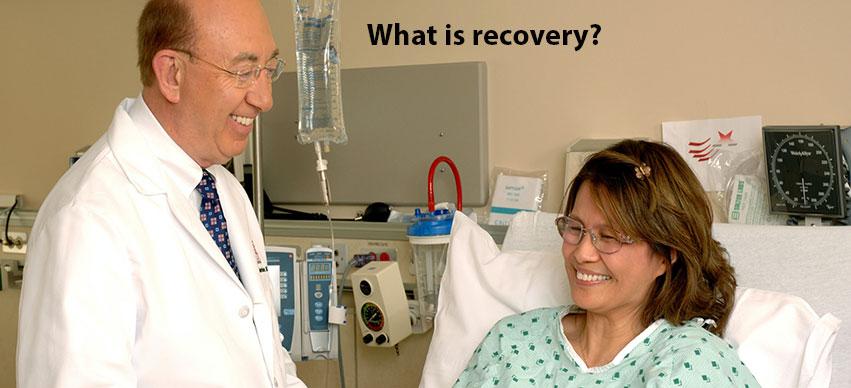How Communities Are Changing the Way We Think About Aging in..
8 Min Read


Drug and substance abuse has been a problem since the early 1800s and has resulted in thousands of deaths and disabilities. According to the CDC, 70,630 deaths were resulting from drug overdoses in the year 2019 in the US alone. Globally, drugs result in 250,000 deaths annually. Studies show that the Covid 19 pandemic has led to a global spike in drug and alcohol abuse, meaning that more people are affected. Abuse progresses to addiction which may be lifelong without proper treatment and management. Apart from physical health implications, drug and substance abuse addiction also leads to increased crime and violence, financial challenges, reduces productivity, and negatively impacts one's social life.
Drug and substance abuse addiction is, however, not a death sentence. With the support and medical assistance, full recovery is possible. Recovery refers to the period after one has started receiving addiction treatment. While addiction cannot be cured, it can be managed effectively through various medical treatments, psychosocial support, behavioral therapies, and other techniques. Numerous institutions provide recovery support. Here are some effective methods that are applied to facilitate recovery.
Medical treatment can be administered to help counteract the adverse effects the drugs may have had on the brain, body, and behavior. Medications such as Methadone and Buprenorphine are commonly used for the abuse of opioids and alcohol. These drugs go a long way in helping manage withdrawal symptoms, increase adherence to treatment plans by managing cravings and calming the body, and prevent relapse. Cincinnati detox centers may also offer other forms of medical treatment, such as therapy and counseling, to help individuals recover from addiction.
Therapy helps address mental health and behavioral issues that may result in drug use and addiction. Different types of therapy are used to facilitate recovery. Some common techniques include behavioral therapy, which focuses on identifying, managing, or avoiding situations that may promote drug abuse. Family therapy is also used, and it helps to address influences on drug abuse. These family issues may encourage drug use and strengthen the family unit to form a support system for the addict to aid recovery.
Numerous recovery centers offer transitional living facilities to provide maximum support for recovery. They offer tons of benefits, such as an environment free of temptations that may result in relapse. They also offer a stable and comfortable environment for recovery. Drug abuse and addiction may lead to poor financial status and loss of property such as a home to go back to after treatment. These stressful environments ultimately lead to stress and anxiety and finally relapse. They also offer an excellent environment to interact with others in recovery, a great source of peer support, and a higher success rate. They support the practice of good behavior and skills learned during treatment and are a great place to create new social networks.
Recovery is a lifelong active process that requires support and willpower. Working with professionals and adhering to treatment are sure ways of getting better and leading a healthy, productive life.